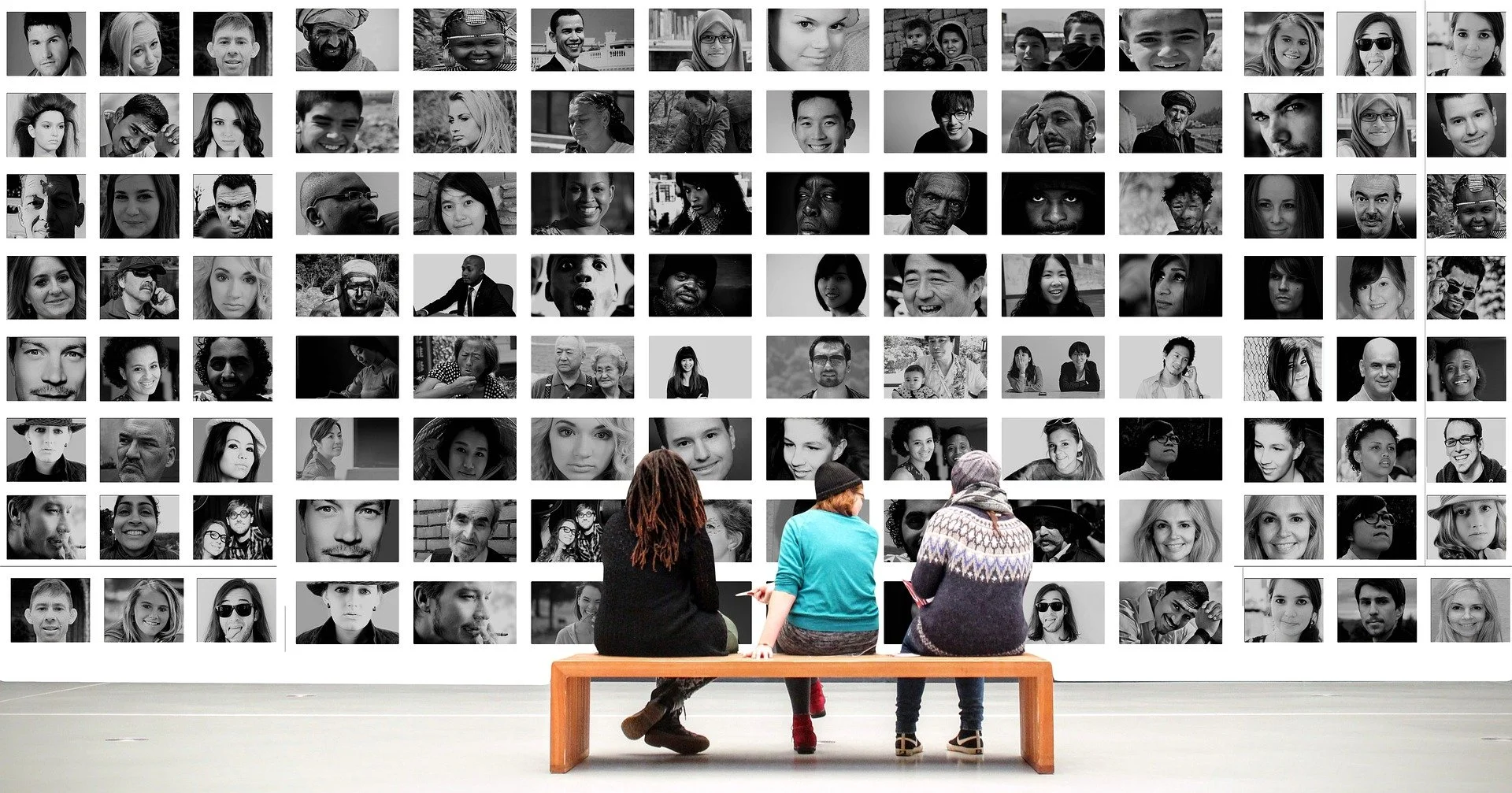
TEACHING PHILOSOPHY & MENTORSHIP
Having worked as a journalist and now studying the relationship between journalism, emerging technologies, and society, I bring to the classroom real-life experiences and a theoretical understanding of how individual experiences as media consumers relate to society at large.
My primary teaching interests lie at the intersection of journalism and political communication, with special focus on media effects, global journalism and communication, digital reporting and data journalism.
The core value that guides all my teaching is building a diverse and inclusive learning environment in my classroom. I have extensive teaching experience at the University of Houston—a university that prides itself on cultural and intellectual diversity. This experience has equipped me with a wide frame of reference that benefits a diverse and international student body.
As the director of graduate studies, it is my priority to guide all students in their intellectual development, and I place great importance in mentoring students from underrepresented communities and first generation graduates. I have directed multiple thesis projects, at the graduate and undergraduate level, and co-authored research papers with graduate students presented at academic conferences.
This page provides a few sample syllabi four courses I have developed or/and taught, primarily, at the University of Houston.
-

COMM 6364: Media and Politics in the Digital Age
This graduate course explores the relationship between political campaign messages (campaign strategies, political advertising, political debates, etc), mass media, and the voter (public) agenda. We examine how political candidates, political strategists, journalists/media pundits and citizens construct, transmit, and understand political messages, including how news, advertising, and entertainment media contribute to the shaping of political perceptions, emotions, and behaviors during electoral campaign.
-

COMM 6317: Media Effects
This graduate course provides an introduction to prominent theory and research on media use and effects. The purpose is to explore the major theoretical perspectives pertaining to the social and psychological effects of media on viewers and the ways that viewers select, understand, interpret, and react to media content. Specifically, we will examine how and why individuals choose media, how they process media messages, and the intended and unintended effects of this media use.
-

COMM 6397: Media, Globalization and Social Change
This graduate course seeks to critically examine the phenomena that comprise globalization and explore the role that media technologies (newspapers, magazines, television, and online media) and media genres (news and popular culture) play in constituting our identities as audiences, citizens, consumers, and activists. In this course, we will examine the media and communication technologies as both, causes and consequences of globalization and development.
-

COMM 4314: Social Issues in Journalism
This course explores the normative role of journalism in a democratic society and the current challenges it faces in the world of misinformation. It is structured around three modules: (I) the first module starts with defining the democratic function of journalism in order to provide a contrast with concepts related to information disorder; (II) the second module explores the causes and consequences of the disinformation and misinformation and the role of social media; and (III) module three examines the efforts to combat misinformation in digital spaces, with a particular focus on fact checking skills.
-

COMM 3314: Data-Driven Storytelling & Visualization
This hands-on course will introduce students to all phases of data journalism, including: finding and evaluating data sources, analyzing and organizing data, reporting with numbers, and visualizing data. Moreover, students will learn skills in spreadsheet and database operation, data analysis software and data visualization.
-

COMM 3315: News and Social Media
This undergraduate course critically examines the role of social media and mobile technologies in journalism. Students will gain hands-on experience using social media and mobile tools for reporting, production, distribution, audience engagement, and branding— students will learn by “doing.”